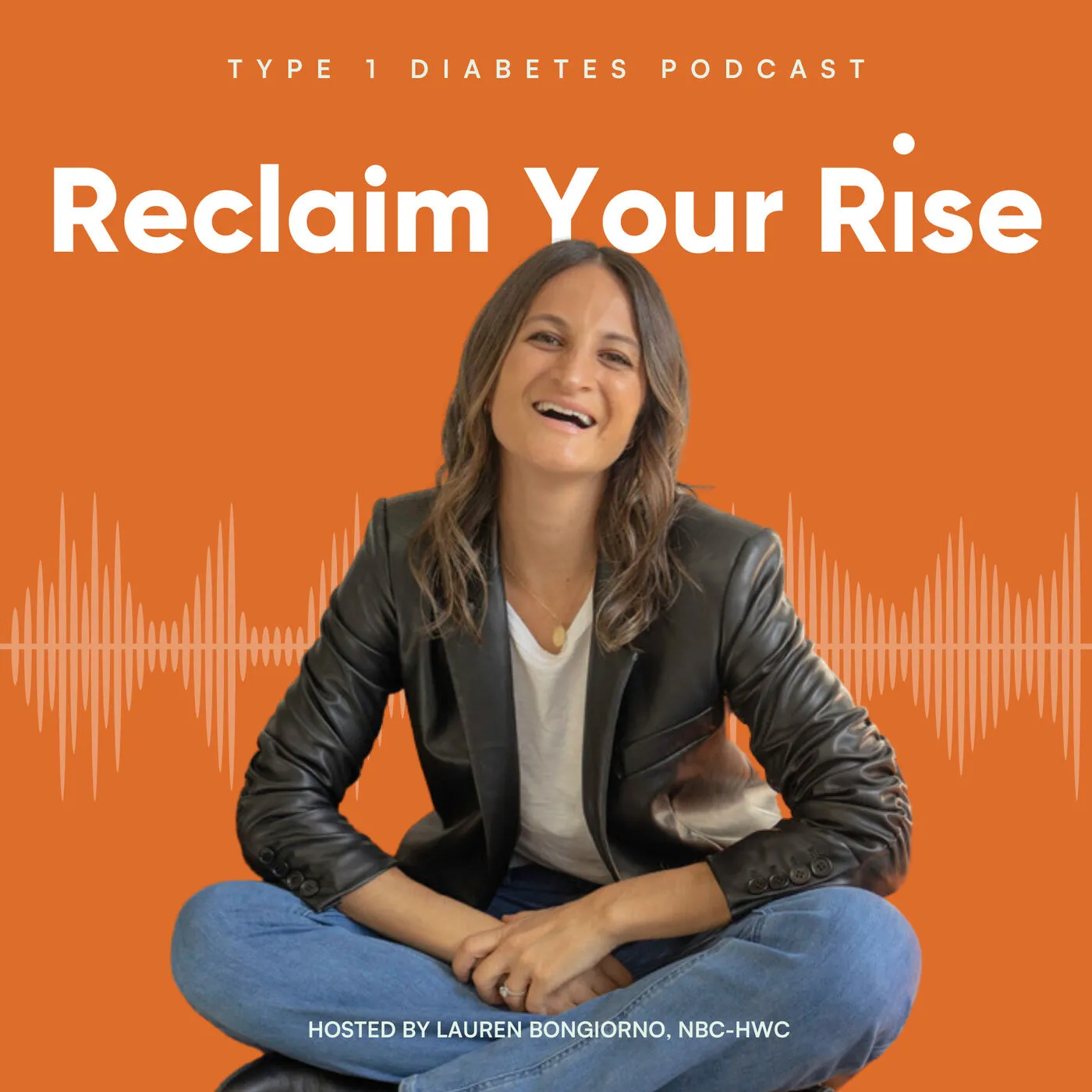What is insulin sensitivity?
In short, insulin sensitivity refers to how responsive the body's cells are to insulin. For example, someone who needs 1 unit to cover every 15 carbs, is more insulin sensitive than if someone needs 1 unit to cover 10 carbs.
But, insulin sensitivity is a more complex topic than that definition.
Insulin sensitivity is a spectrum with low insulin sensitivity [also referred to as insulin resistance] at one end and high sensitivity at the other. Where you sit on the spectrum is highly individual! Furthermore, your insulin sensitivity will fluctuate throughout your life according to various lifestyle, dietary, and hormonal factors.
How can I gauge my insulin sensitivity?
Tune in to how quickly your blood sugar comes down when you give a correction dose. Or, how your blood sugar responds to high carb meals. If you ever have the feeling that “no amount of insulin can bring me down” then that’s a sign that you might be less sensitive to insulin. If you notice that your body responds quickly to insulin, then you are more sensitive.
When might I notice insulin resistance?
Macronutrient intake, activity levels, sickness, menstrual cycle, stress, time of day, and quality of sleep are some components that contribute to insulin resistance.
How is higher insulin sensitivity helpful?
Because high insulin sensitivity allows the cells of the body to use glucose more effectively and lower the sugar in the blood faster, we aim for increasing sensitivity. This does not mean, however, that needing more insulin is bad or that we should work to cut back on the amount of insulin we use. The goal is to always meet our body’s needs to be healthy, while also understanding strategies and choices that can support our body in a broader sense.
When you’re more insulin sensitive, you can eat more carbs with fewer blood sugar spikes and come down from high blood sugars faster. This is important if you have an A1C goal in mind because spending long periods of time at a high blood sugar level can lead to a higher A1C.
High insulin sensitivity has been linked to reducing complications of high blood pressure, high cholesterol, dementia, cardiovascular disease and more!
What can I do to increase my insulin sensitivity?
Since more than one factor impacts insulin sensitivity, increasing it is multidimensional as well. Consider these pieces as a place to start!
Lifestyle
- Stress: Lowering your overall stress is an important part of increasing insulin sensitivity. Whether you decrease screen time, commit to a meditation practice, or create boundaries in your professional or personal life, managing stress can lead to significant improvements in insulin sensitivity.
- Sleep: Poor or inadequate rest can lead to insulin resistance, so developing a nightly routine to prioritize those Zs is an important piece of increasing your insulin sensitivity.
Exercise
- Type of workouts: Building muscle mass through strength training increases insulin sensitivity. Check out this post to read more about working out for insulin sensitivity.
- Overall activity level: Moving often throughout the day, even if that’s just getting up to walk around your office every hour, helps combat insulin resistance that builds up when we are sedentary for long periods of time. Read this post for tips on how to increase your insulin sensitivity at this very moment!
Diet
- Fat: High fat meals and high fat diets are known to decrease insulin sensitivity. Observe your fat intake over the course of a day to get a sense of how much you are consuming and whether this is an area you could find more balance.
- Hydration: Drinking water seems to be the cure for so many things! Insulin sensitivity is not excluded from that. Starting the day with a glass of water can help get your insulin flowing and assist with the insulin resistance that many experience first thing in the morning.
Risely’s Cornerstone Classes are packed with valuable resources, sustainable strategies, and flexible tools that will be transformational to your diabetes management. If increasing your insulin sensitivity is a goal of yours, stay tuned at the end of January 2022 for 2 new classes that are going to support you with that goal.

.jpg)


.jpg)
.jpg)